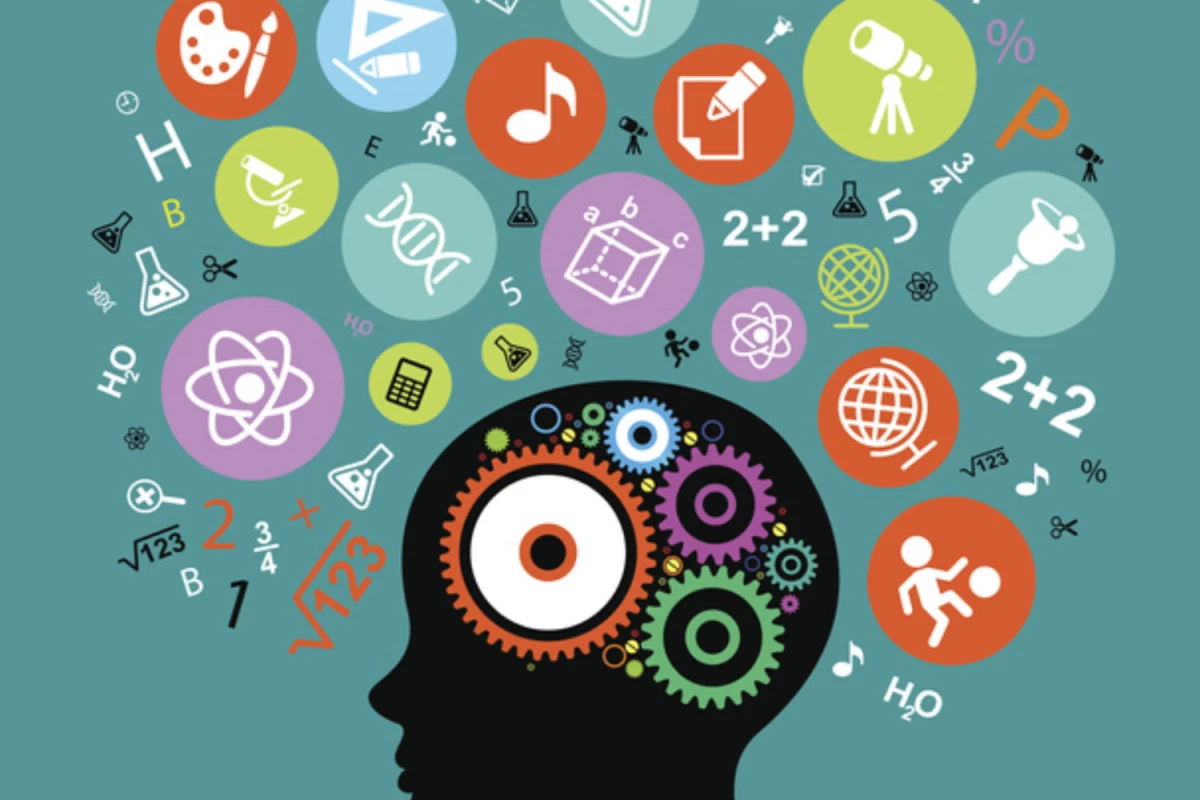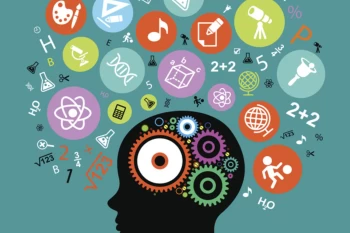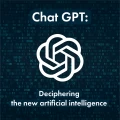Have you ever wondered what it's like to be exceptionally gifted? People with high giftedness possess an innate ability to process information and think in a way that sets them apart from the general population. They excel in one or more areas, and their exceptional abilities are usually evident from a young age. However, with this gift also comes its unique set of challenges.
In this article, we will explore the world of high giftedness and delve into the characteristics, challenges, and benefits of being exceptionally gifted. We will also discuss some of the myths surrounding high giftedness and the importance of nurturing and supporting the gifted population.
Characteristics of High Giftedness
High giftedness is defined as having an IQ score of 130 or above. Individuals with high giftedness exhibit exceptional intellectual abilities and have a remarkable ability to process information quickly and accurately. They are able to analyze complex problems and find solutions quickly, often exhibiting advanced language and analytical skills. They have an insatiable thirst for knowledge and are driven to learn and explore new things.
In addition to their intellectual abilities, high gifted individuals often possess a heightened sensitivity and a strong sense of empathy. They have an acute awareness of the world around them and are often deeply affected by it. They may also have a heightened sense of perfectionism and a strong desire for excellence.
Challenges of High Giftedness
While being exceptionally gifted comes with many advantages, it also presents unique challenges. High gifted individuals often feel isolated and misunderstood, particularly when they are surrounded by people who do not share their intellectual abilities or interests. They may struggle to find like-minded individuals or to relate to their peers.
Additionally, high gifted individuals may struggle with perfectionism and may be overly critical of themselves. They may also struggle with boredom, as they tend to learn quickly and easily, and may become disengaged if they are not sufficiently challenged.
Benefits of High Giftedness
Despite the challenges, being exceptionally gifted also has many benefits. High gifted individuals are often highly motivated and driven to succeed. They have a passion for learning and a deep curiosity about the world around them. They tend to be highly creative and innovative, and their unique perspective can lead to groundbreaking discoveries and new ideas.
High gifted individuals may also have an advantage in academic and professional settings. They tend to excel in their areas of interest and may have the potential to make significant contributions to their field.
Myths Surrounding High Giftedness
There are many myths surrounding high giftedness. One of the most common is that high gifted individuals do not need support or special programs because they are already at an advantage. However, this is not necessarily true. High gifted individuals still require nurturing and support, and without it, they may struggle to reach their full potential.
Another myth is that high gifted individuals are "geniuses" and can excel in any area without effort. While high gifted individuals do have exceptional abilities, they still require hard work and dedication to succeed.
The Importance of Nurturing and Supporting High Gifted Individuals
It is essential to provide the necessary support and resources to help high gifted individuals reach their full potential. This includes specialized education programs, opportunities for intellectual and creative stimulation, and emotional support.
High gifted individuals thrive in an environment that challenges and nurtures their intellectual abilities while also providing emotional support and understanding. By providing the necessary support, we can help high gifted individuals reach their full potential and make significant contributions to society.
Overall, high giftedness is a complex and multifaceted concept that has been studied extensively by researchers and professionals in the field of psychology. While the definitions and criteria may vary, it is clear that individuals who exhibit exceptional abilities and traits have a unique set of needs and challenges that require specialized support and guidance. By recognizing and nurturing high giftedness in children and adults, we can help them reach their full potential and make meaningful contributions to society.







